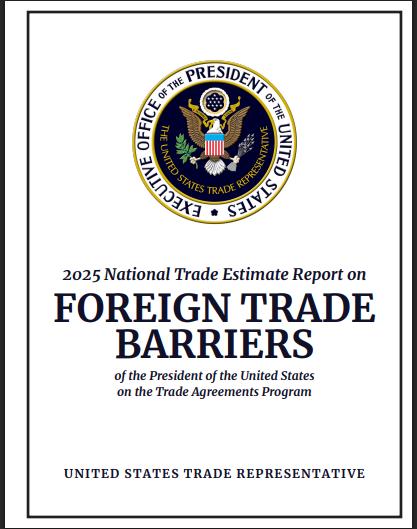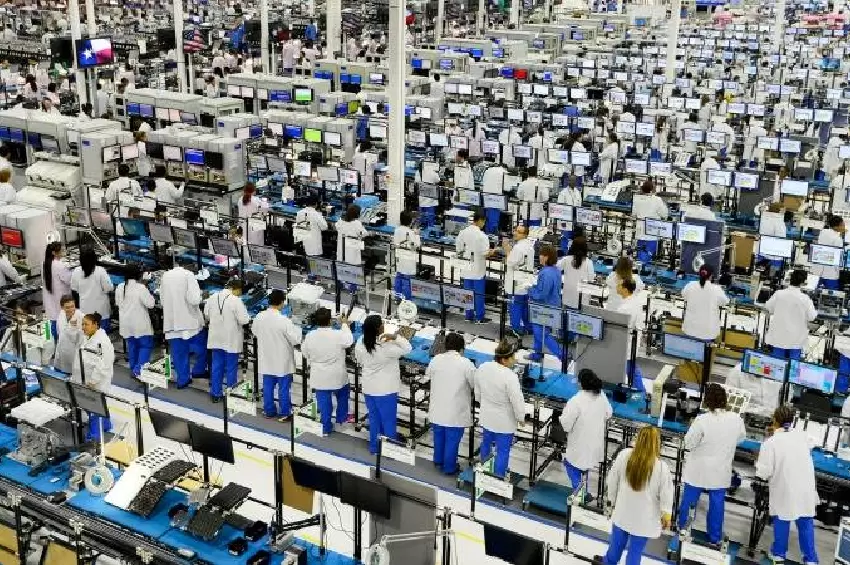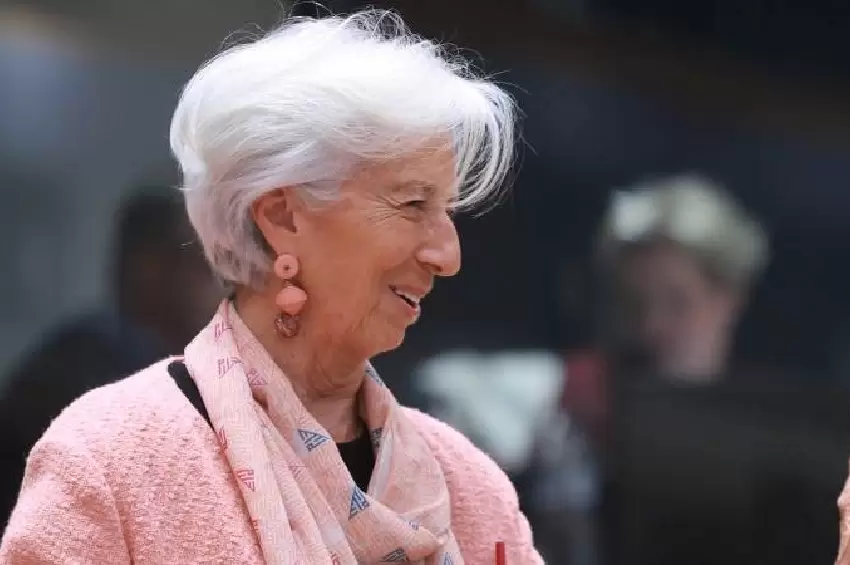USTR Report Sheds Light on South Korea's Trade Barriers
The U.S. Trade Representative (USTR) has recently released its annual National Trade Estimate (NTE) report, drawing significant attention as it precedes the imposition of reciprocal tariffs. The report meticulously outlines various non-tariff barriers in South Korea, from beef imports to defense materials procurement, setting the stage for potential trade discussions.

Beef Imports and Agricultural Biotechnology Under Scrutiny
The USTR criticizes South Korea's restrictions on U.S. beef imports, particularly the ban on beef over 30 months of age and processed beef products. Additionally, the report highlights the cumbersome approval process for new biotechnology products in agriculture, urging for regulatory reforms.
Defense Procurement and Legal Market Barriers
New in this year's report, the USTR addresses South Korea's defense offset program and legal services market, pointing out policies that prioritize local technology and products over foreign ones, and limitations on foreign law firms' operations in Korea.

Automotive, Pharmaceutical, and Digital Trade Concerns
The report also touches on issues within the automotive, pharmaceutical, and digital trade sectors, including emission-related components regulations, transparency in pharmaceutical company certifications, and proposed network usage fees for foreign content providers.
Investment Restrictions Highlighted
Lastly, the USTR outlines investment barriers in South Korea, particularly in telecommunications, broadcasting, and media, as well as restrictions in the nuclear power generation sector, marking a new focus area in this year's report.








Comments